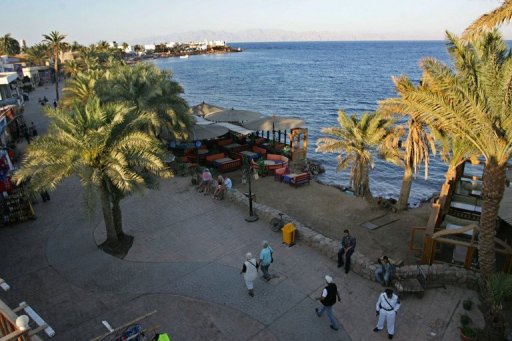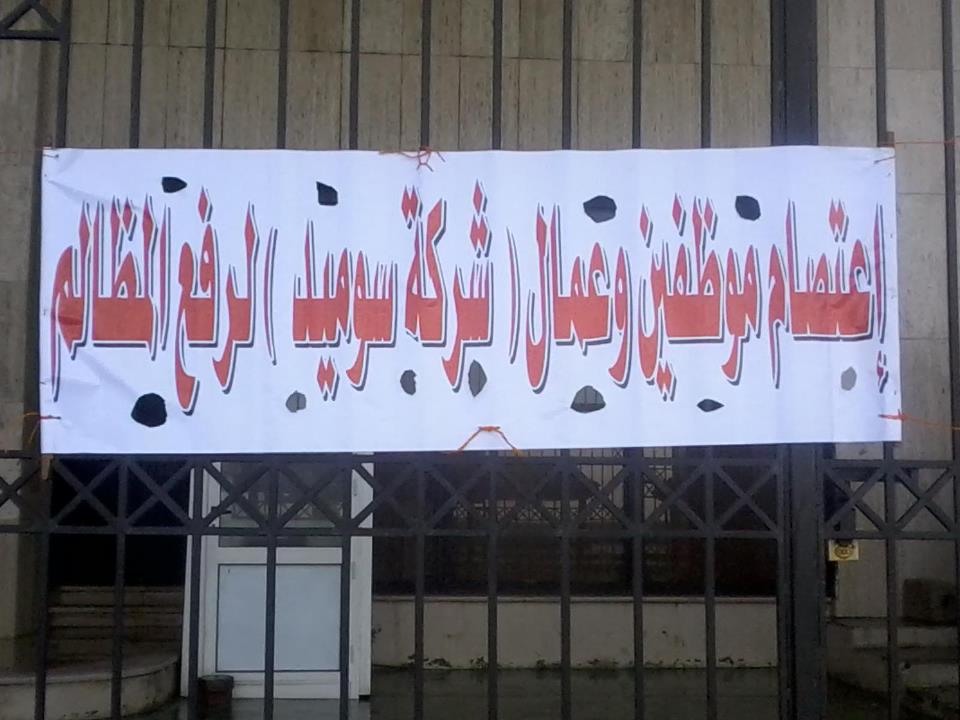
(AFP PHOTO / MOHAMED EL-SHAHED)
The Democratic Alliance, which groups several social-leftist political parties, collected 420 signatures Tuesday from politicians and public figures against the controversial Protest Law.
The move was to also demand President Abdel Fattah Al-Sisi fulfil several promises about releasing political detainees.
Names included presidents of political parties such as Mohamed Aboul Ghar, Halla Shukrallah, Amr Hamzawy, former presidential rival candidate Hamdeen Sabahy, human rights’ advocates, activists, lawyers and journalists. Twelve figures were also among the 50-member committee which drafted the constitution.
According to prominent journalist and editor-in-chief of Al-Bedaya news website who also signed the petition, it should be presented next week to the Supreme Constitutional Court (SCC).
Lawyers Khaled Ali and Tarek El-Awady had filed a lawsuit claiming the Protest Law was unconstitutional, and the petition aims at urging the SCC to speedily rule in the case.
The Democratic Alliance includes the Socialist Popular Alliance (SPAP), Al-Dostour, Justice, Al-Tayar Al-Sha’aby under foundation, and the Bread and Freedom Party, along with the supportive participation of the Egyptian Social Democratic Party (ESDP).
“The Protest Law is developing an increased sense of political and social frustration due to the numerous legal defects which violate the 2014 constitution,” the petition read.
Two major articles (8 and 10) are contested by lawyers, as they state that citizens who wish to hold a protest should send a written notification to the Ministry of Interior. The notification would include the details of the public assembly, including the names, addresses and contacts of all participants. It also allows the ministry to ban the protest before its occurrence, turning the “notification” condition into “authorisation”.
On the other hand, the constitution guarantees the liberty of public assemblies away from the control of security bodies. The lawsuit advanced 13 constitutional articles the Protest Law contradicts.
Among those comes Article 73 of the constitution’s third chapter Rights, Freedoms and Public Duties which states: “Citizens have the right to organise public meetings, processions, demonstrations and all forms of peaceful protests under the condition that they are unarmed in any way. They are entitled to do so after notifying authorities according to the regulations of the law.”
Moreover, the same article continues: “The right to organise private meetings is guaranteed, without the need to notify authorities prior, and security forces are not entitled to attend or spy on such meetings.”
“Hundreds of young people are in prison for peacefully expressing their opinions. This law was presented before the SCC on 13 September 2014. Since it is a major public opinion concern, we demand the court to schedule a hearing as soon as possible. The fate of hundreds of young men and women depend on the decision,” the petition stated.




